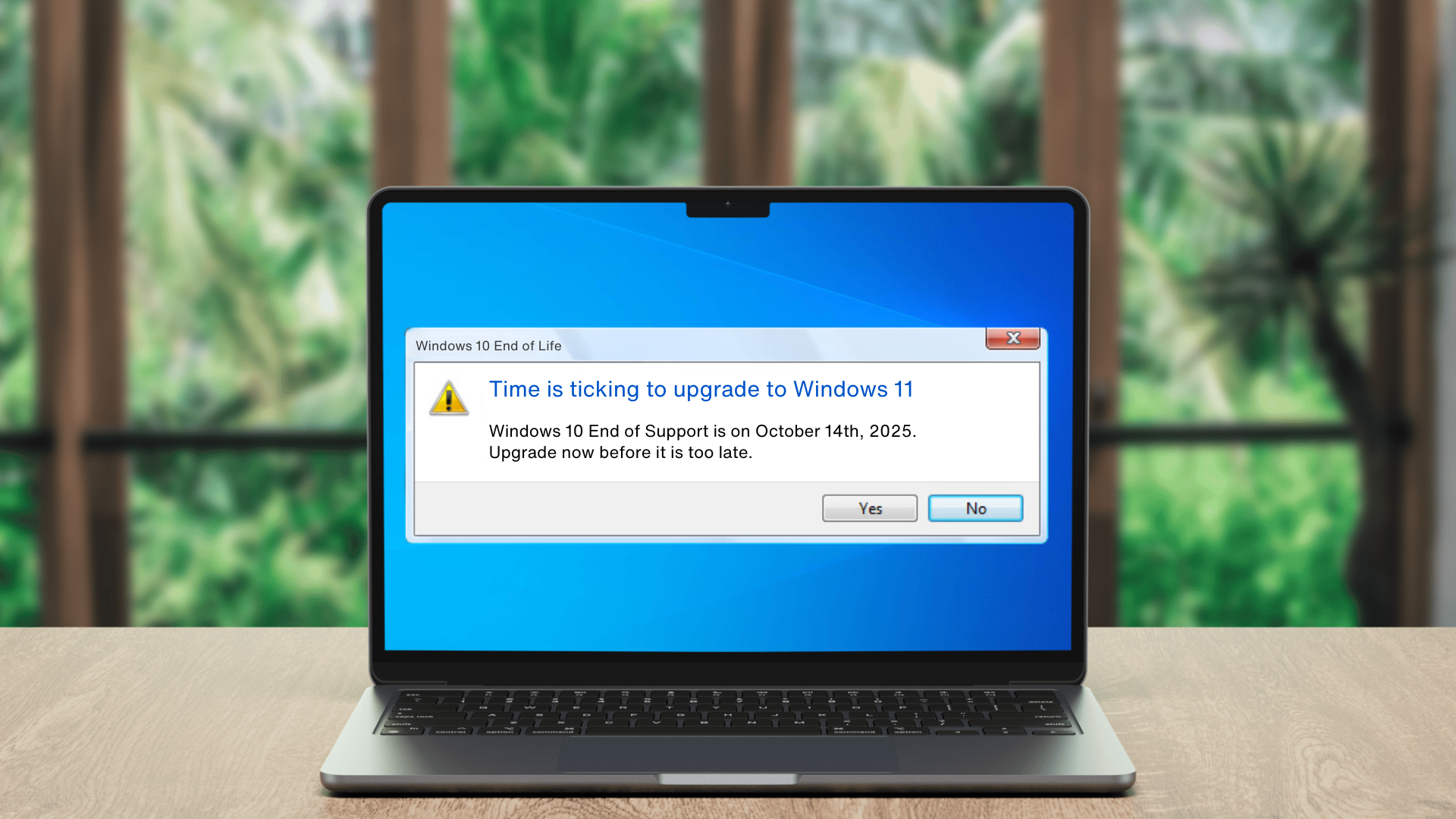It's easy to overlook the importance of physical security in the workplace. As the saying goes, "loose lips sink ships," and in the context of an office environment, this couldn't be truer. From casual conversations in public places to the threat of tailgating, and the risks associated with neglecting basic security measures like locking screens and protecting against shoulder surfing, this article explores the critical aspects of physical security that every office should prioritise.
Loose Lips Sink Ships: Guarding Against Internal Threats
The phrase "loose lips sink ships" originated during World War II to emphasize the importance of not disclosing sensitive information. While we may not be at war, the principle holds true in the office setting. Employees should be mindful of what they discuss, especially when it comes to confidential or sensitive matters. Casual conversations in common areas can inadvertently expose sensitive information to unintended ears.
To mitigate this risk, organisations should instil a culture of awareness. Regular training sessions on the importance of discretion and the potential consequences of sharing sensitive information can go a long way in fostering a security-conscious environment.
Public Spaces: Keeping Secrets Where They Belong
Public places, such as coffee shops or restaurants near the office, might seem like harmless locations for a quick chat or a working lunch. However, discussing sensitive information in these areas can expose your organisation to the risk of eavesdropping.
Employees should be educated on the importance of choosing secure locations for discussions involving sensitive information. If confidential matters must be discussed outside the office, consider using private meeting rooms or taking precautions like speaking in hushed tones to minimise the risk of information leakage.
Tailgating: Beware of Uninvited Guests
Tailgating, or piggybacking, occurs when an unauthorised person follows an employee into a secure area by closely trailing them through access-controlled doors. This can happen when an employee holds the door open for someone without proper identification, unintentionally compromising the security of the office.
To prevent tailgating, employees should be trained to adhere strictly to access control policies. Implementing measures such as keycard access and ensuring that employees are attentive to who is entering the premises can significantly reduce the risk of unauthorised access.
Locking Screens: A Simple Step for Enhanced Security
One of the most basic yet often neglected aspects of physical security in the office is the habit of locking computer screens when not in use. Leaving screens unlocked can expose sensitive information to anyone passing by, making it an easy target for prying eyes.
Encourage employees to develop the habit of locking their screens whenever they step away from their desks. This simple action adds an extra layer of protection against unauthorised access and helps maintain the confidentiality of the information displayed on their computers.
Shoulder Surfing: Protecting Against Prying Eyes
Shoulder surfing involves someone looking over your shoulder to gain unauthorised access to sensitive information, such as passwords or confidential documents. This low-tech but effective method of information theft can be mitigated through employee awareness and proper workstation setup.
In the modern workplace, flexibility often leads employees to work remotely, whether it's at the airport, a coffee shop, or any other public space. While this provides a convenient way to stay productive, it also introduces additional challenges when it comes to physical security, particularly in the context of shoulder surfing.
Employees should be advised to position their computer screens in a way that minimises visibility from neighbouring desks. Additionally, the use of privacy screens can further deter shoulder surfing attempts, ensuring that sensitive information remains confidential.
Conclusion:
While digital security measures are crucial, physical security in the office should not be overlooked. By fostering a culture of awareness and implementing simple yet effective measures, organisations can significantly reduce the risk of internal threats and unauthorised access. Remember, in the world of office security, an ounce of prevention is worth a pound of cure.
Your IT Upgrade Starts Here: Contact Us for a Complimentary Assessment
Contact Us












